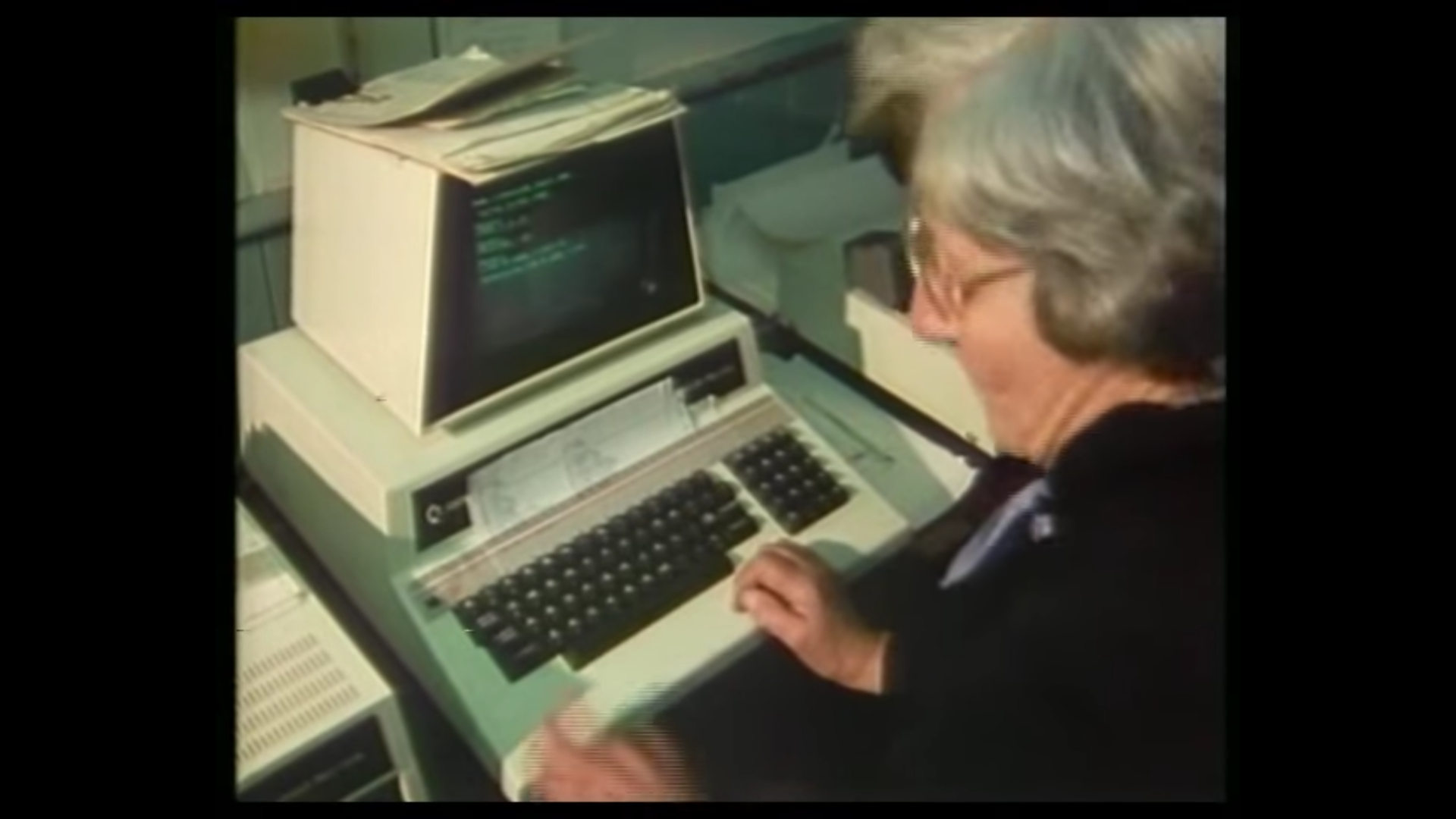Wisdom from Computing's Past
Shake yourself out of this parochialism of time! — J.R.R. Tolkien
I don't think computing is a real field. It acts like a pop culture, it deals in fads, and it doesn't even know its own roots. And worse than that it does not know about the really good things that were done in the past. — Alan Kay
Real field or not, computing is young. The world's first computer science qualification began in 1953 at Cambridge. The United States had no computer science department until the 1960's. We like to talk of 'engineering', but chemical engineering was alchemy in an earlier life, and I believe our field is no different.
And so for the most part, we have two reactions to the past of computing. Either we love the retro aesthetic; admiring the machines of an earlier age, and feeling a nostalgia for the tech of our youth. Or we sneer at it; looking down on people with primitive hardware who "didn't know what we know now". Almost never do we think that they might know what we have now forgotten.
I've been watching an old British TV series - The Computer Programme. Made in 1982 and opening with Kraftwerk's Computerwelt, it's a fascinating look into the technology of the time. But what's most striking to me is peoples relationship and conception of computers. It's very information-centric - focusing on the input, processing, transmission of information. There's an episode on graphics, but for the most part this is relegated to the background. The graphical display is the servant of information, not the master of it.

I find the computer business much more exciting — Phyllis Arandale
The other thing is how ordinary people were able to utilise the cutting edge of affordable technology. In the first episode we see the story of Phyllis, an elderly lady who is using a home computer to track business data in her shop. Phyllis - who might well have been born during WWI - has not only shaved hours off her own work with technology, she's also started up a 'computer service' to help other businesses do the same.
Computing being about information first, and the computer being a tool we use to better our lives. 40 years on these these ideas have been pushed to the fringes. Can these ancient ideas be re-learned, and re-imagined with the incredible hardware of today? Can we treat the past with honesty, setting aside what we no longer need, and recalling what is useful but forgotten once more?